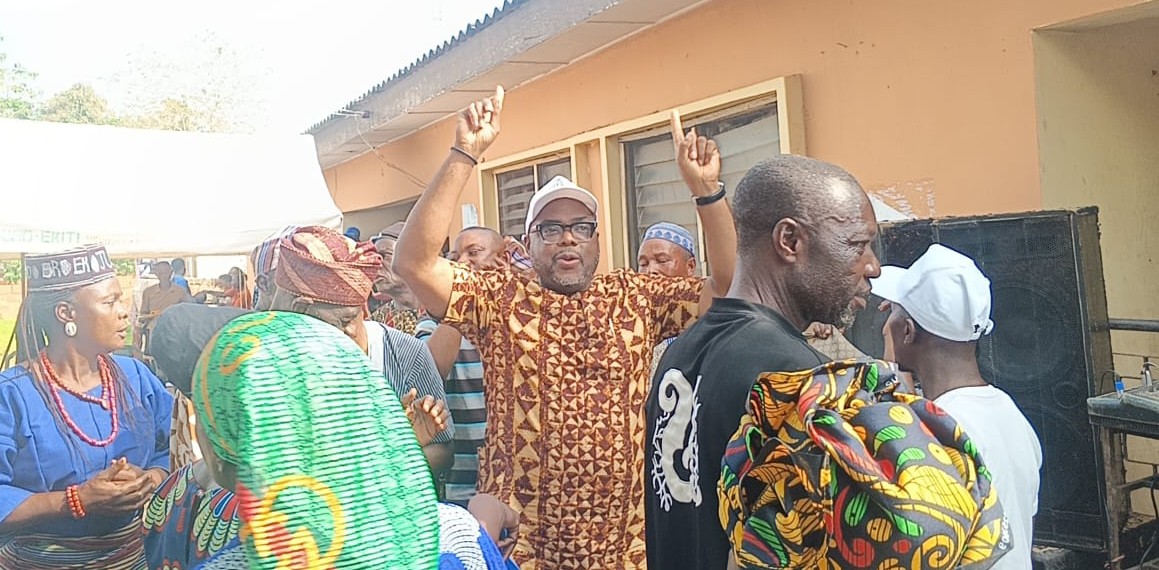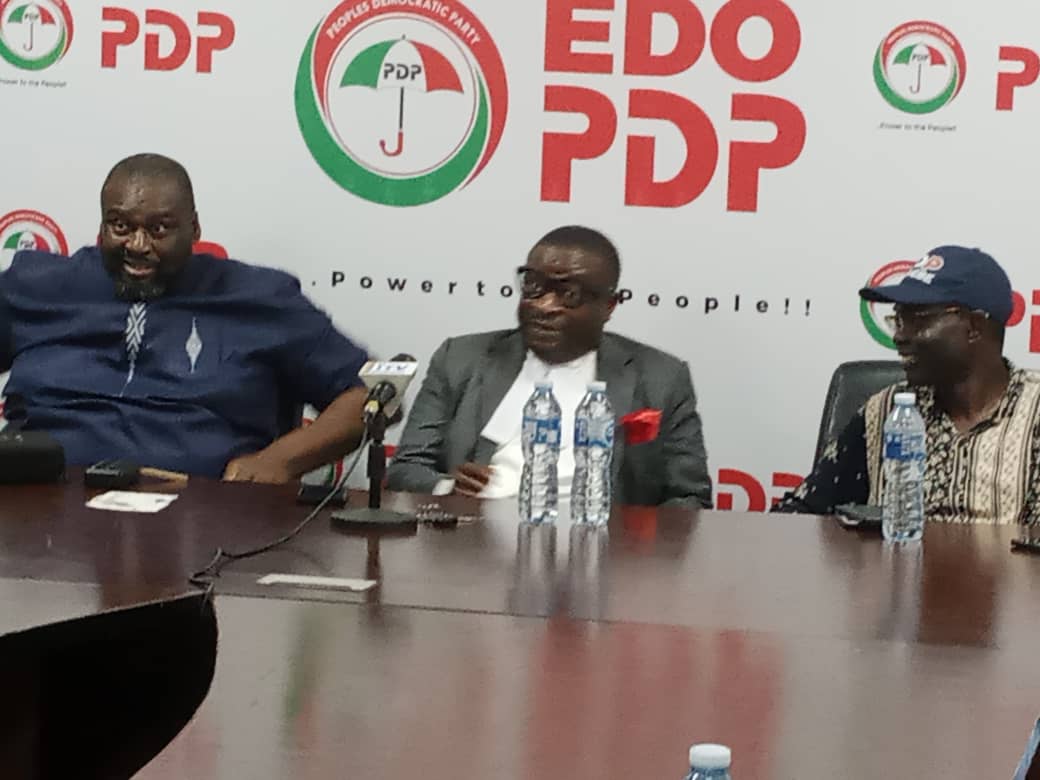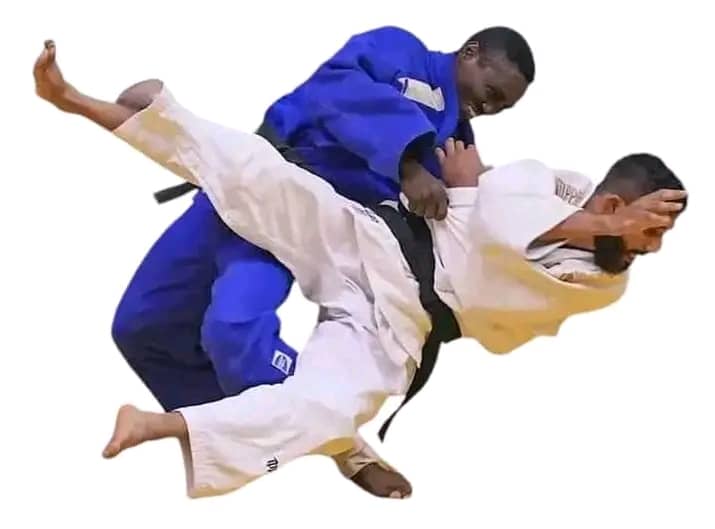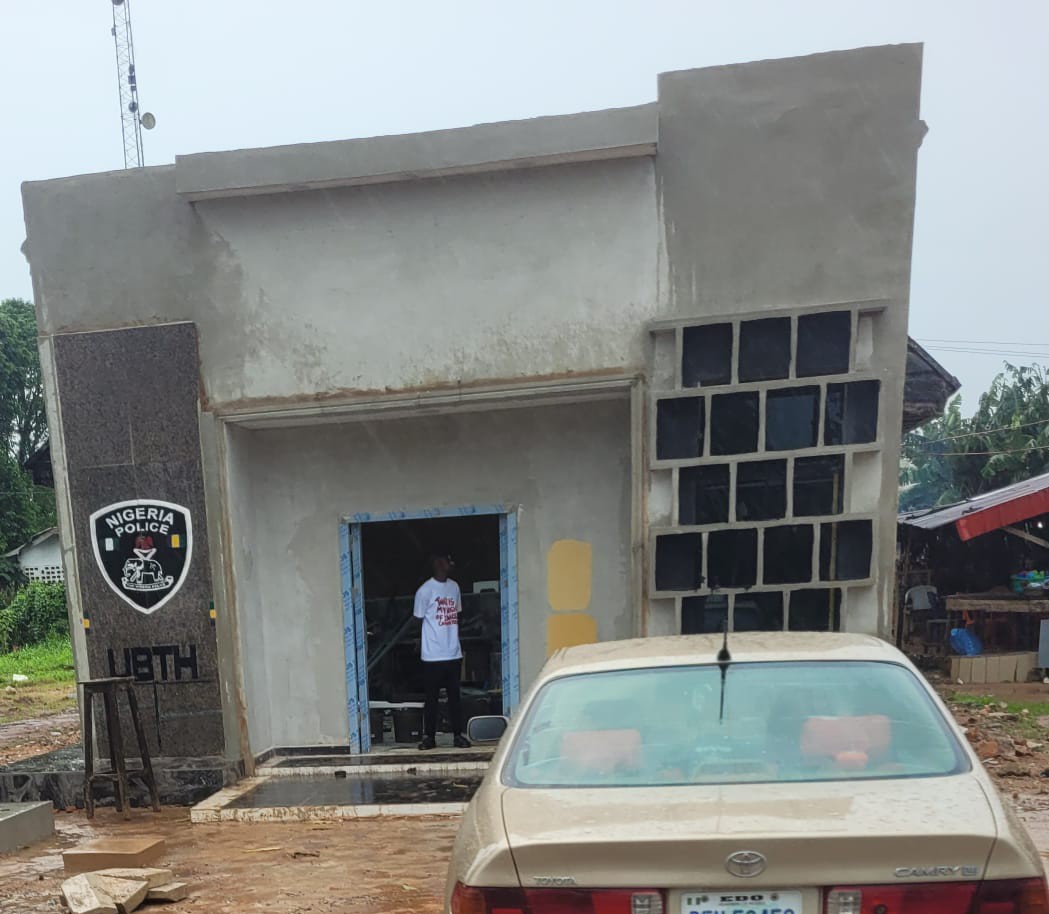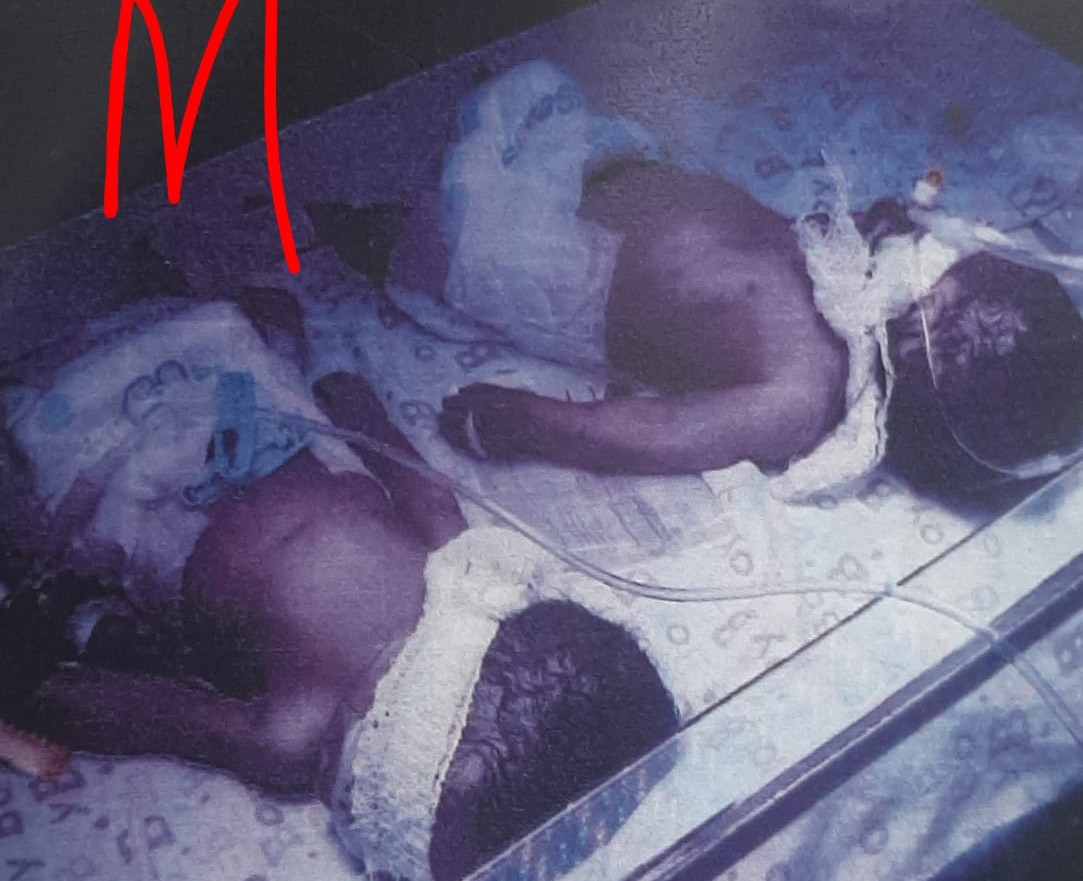BY TONY ERHA
Insecurity is a situation of being opened to danger or threat. It, therefore, also means the lack of protection and the inability to overcome it. Insecurity creates a helpless state of uncertainty or anxiety in a group of people or oneself – the lack of self-assurances and unfitness to overcome the threats and dangers.
When Dr. Tony Aziegbemi, recently accused Edo State governor, Senator Monday Okpebholo, as having reduced the state to a Nigeria’s ‘headquarter of insecurity”, one would be alarmed that the state is truly in such a critical strait that is different and deadlier than the case of many states of the federation, that are neck-deep in insecurity that is occasioned by the insurrection of arm struggles, kidnappings, killings and maiming etc. – Those states that are permanently in chaos and war situation!
Does it bother Aziegbemi that the Edo voters, who he tries to maximise their voting support, by his negative profiling, are the same that would turn around to accuse him of dressing them in borrowed criminal robes? What is the cost of his graceless labeling of the state as a headquarter of crime and insecurity, when his ever-dutiful social media cubs are blowing it out of proportion to the world? What political gains will his PDP achieve, by dressing down the people, instead of proclaiming the goodness that they represent?
Are we back to the dark era of the daredevil armed robber kingpin, Lawrence Anini, whose deadly exploits and bad image robbed-off on the good people and the former Bendel state, that he came from? Would the hapless people have to carry on with another burden of criminal categorisation, and be treated like the lepers, in the midst of the world, that is told by the Edo people, themselves, that Edo is a lawless state, where lives and properties are not safe? Is a man who blacklists his home as a haven for dangerous criminals, not himself regarded a villain by his hearers?
Within a few months of coming to power, how possible was it that Governor Okpebholo had lowered the standards touted to have been set by the immediate-past government, knowing fully well that crime prevention and protection is a ‘security architecture’, that isn’t built in a haste, but overtime, whereas it is self-sustaining?’
To imagine a bitter personal experience of Dr. Aziegbemi, one would be moved by what Clint Eastwood once said; “I’m interested in the fact that the less secure a man is, the more likely he is to have extreme prejudice.” Eastwood, the renowned protagonist of “The Good, The Bad, The Ugly”, a timeless movie on the fluffs of individual and collective human insecurity, somewhat gives a vent to “Only the insecure strive for security”, as propounded by Wayne Dyer, an American self-help author and motivational speaker.
“A child once burnt by fire dreads the cold ashes”. Has the ‘insecurity psyche’ of Aziegbemi, who was kidnapped in the twilight of the Obaseki’s government, also reduced him to that man, who regards every bush as snake-infested, because he was bitten by a rattlesnake in another bush?
Querying Aziegbemi over what he called his ‘empty posturing’’, John Mayaki, a former spokesman to ex-Governor Obaseki, who is a proselyte critic of the PDP, said accordingly; “How can a man, who was kidnapped in broad daylight under Obaseki’s government now pontificate on insecurity? If the PDP government couldn’t even protect its own party chairman, what moral right does Aziegbemi have to lecture anyone on security?”
Often said, a government when kicked out of power, would accuse the newest of neglecting the people, not simply because of the love it has for the same voters, but that it is now regretting of no longer in the position of power to continue to mislead. But, the Governor Obaseki’s eight years years in governance, was one generally believed to have been eaten by the green locusts.
For eight long years, ex-Governor Obaseki could hardly justify the huge money and equipment accrued to him as security votes. ‘Wabizigan’, a joint security squad, he established with the police as pivot, was a conduit pipe, which gave the people no respite. ‘Wabizigan’, meaning wipe out the criminals, was only in name. It couldn’t eipe our any crime! It was designed to harass and persecute political opponents and settle partisan scores.
In the twilight of the Obaseki’s despotic reign, the Obaseki’s vigilante team was accused of being a killing nest, that was fingered in the daylight murder of police Inspector Onuh Akoh and some other unresolved killings.
The Obaseki’s vigilantes were hardly paid their meagre monthly stipends. And they resorted to mounting roadblocks to forcibly collect tolls, assault road users and cause further security breaches, with the deadly firearms given them by government. Alternative vigilante groups set up and paid by the various local communities, were the ones who diligently carried out the real duties.
As insecurity is also caused by the lack of incentives to the public and bad evolving of bad policies, it is generally said that the Obaseki’s had brought about anti-people policies and spats, which prioritised his government as one that had actually promoted the insecurity, which they now accuse another of.
Before and during the last governorship election in 2024, the rampant cases of street brigandage, inter-party skirmishes, cultism and its associated killings etc; which gave the Edo residents and the Nigerian public the goose pimples, were instantly sorted out with Governor Okpebholo coming to give them the riot acts.
Speaking on insecurity, Senator Adams Oshiomhole, whose eight years of a peaceful era as Obaseki’s predecessor, is still hailed for the effective governance he accorded the people, is nonetheless, well-placed to decide which is better between Obaseki and Okpebholo, in the terms of security provision.
“Upon assuming office, Okpebholo immediately engaged security agencies and equipped them with brand-new Toyota Hilux vehicles, fitted with modern crime-fighting technology. He restructured the state’s vigilante corps, ensuring efficiency and accounting in community policing. Additionally, he initiated and secured legislative backing for tougher laws against kidnapping, including provisions for demolishing properties used for criminal activities. These are practical steps that have started yielding results, making Edo safer than it has been in years”. Remarked Oshiomhole, in a public statement by Victor Oshioke, his spokesman.
During the plenary section in the Senate on 6th March, 2025, in his usual fearless presentation, Senator Oshiomhole also praised the remarkable progress that Okpebholo had made, security-wise, stressing the security challenges being faced across Nigeria. He cited the border communities of Edo, as being infiltrated, making life difficult. The Oshiomhole’s position is corroborated by Eniola Olajuni, the Afenifere Youth Leader, who was kidnapped and released, that the South West geopolitical zone, with which Edo State maintains boundaries have more than 55 camps from where herdsmen and kidnappers operate from.
But, Mr. Oshioke had rebuked the Edo PDP as having twisted the realistic comments of Oshiomhole on the floor of the Red Chamber, to portray Okpebholo as failing to provide security.
The present kidnappings, herder’s attacks and killings, are similar with same incidents that happened at the fringes of Odighi, Odiguetue and Sobe villages, Orhionmwon, Akoko Edo and some other local government areas of the state, during the PDP’s era, which Obaseki had had no workable answers to. Edo public was shocked that the remedy a Governor Obaseki could profer was a mere ban on night grazing by herds.
Pointedly, there appears to be a lot of sense in the Edo APC’s accusation and call that the Edo PDP and its ex-Governor Obaseki, be brought to justice, on the account of the upsurge in robbing, kidnapping, herder’s attacks and other killings that resumed in the state, despite the rugged efforts to checkmate them by Governor Okpebholo. Yes, Obaseki should be extradicted from his hiding to face the felonious utterances, that is now playing out, “that crisis will engulf Edo and spread to other parts of the country”, should the past election be seen as rigged by the government in power.
Tony Erha, a journalist and former national executive member of the Crime Reporters Association of Nigeria (CRAN), writes from Abuja .









































